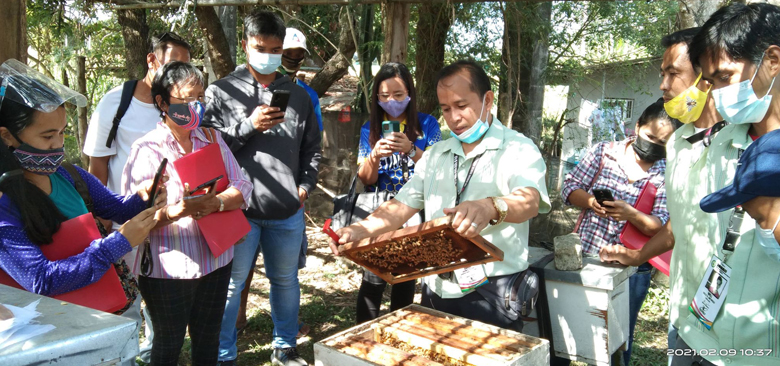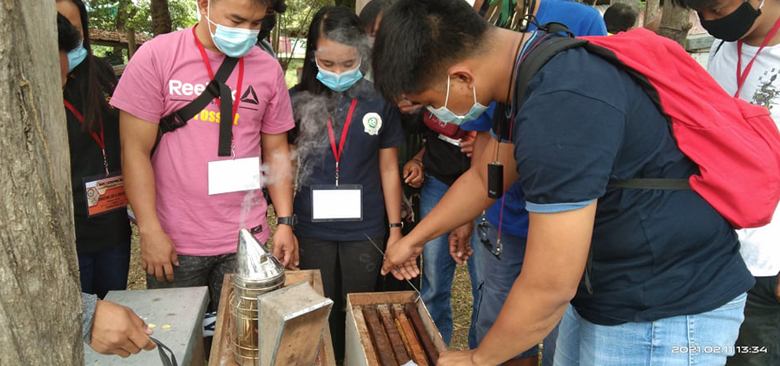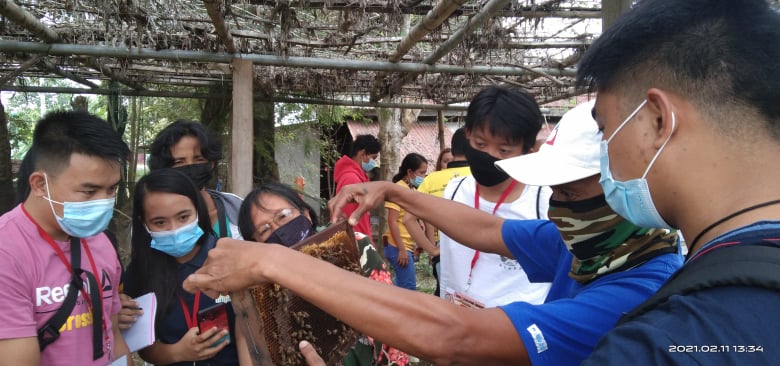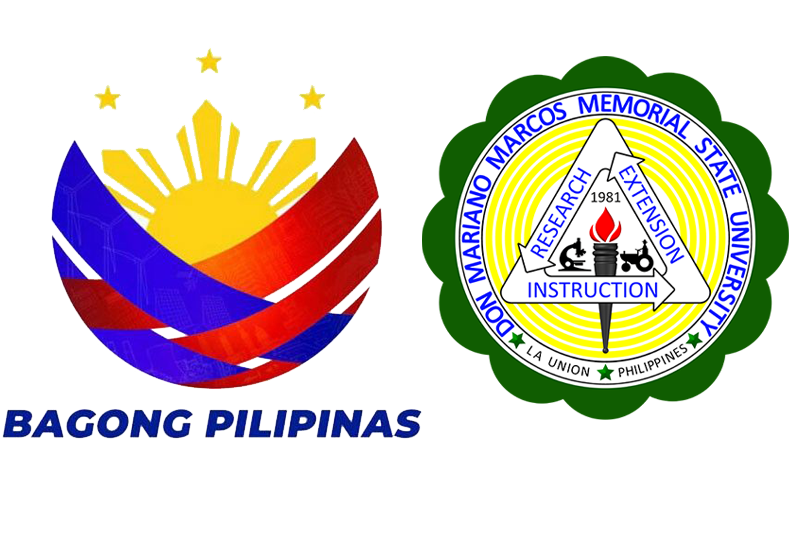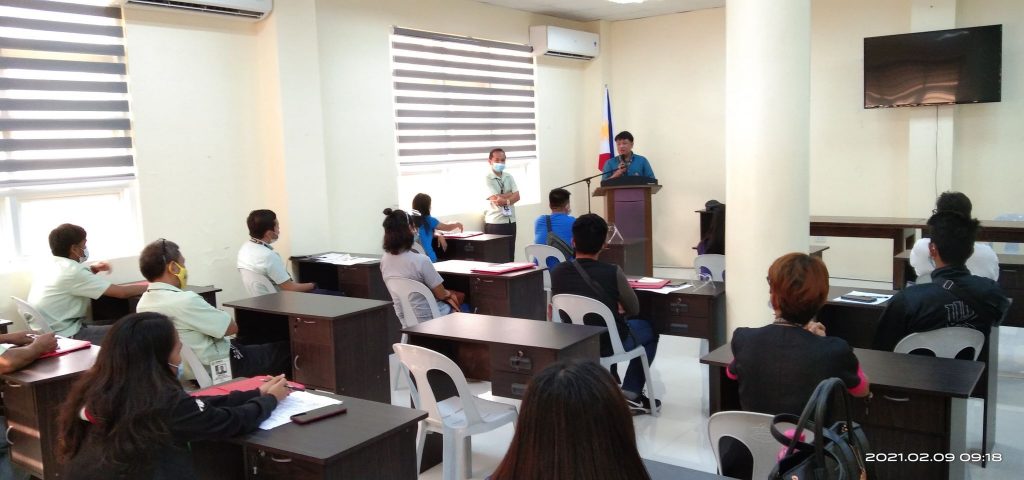
The National Apiculture Research Training and Development Institute (NARTDI) conducted a basic beekeeping training at the NARTDI Conference Room on February 9-11, 2021.
The training aims to provide basic knowledge and skills on beekeeping and acquaint the new NARTDI personnel on the different beekeeping operations. The 19 participants include the owner and staff of Rocapor’s Farm Learning Site and School for Practical Agriculture in Barangay Tabtabungao, Rosario, La Union; owner of a private farm in Rosales, Pangasinan; hog raisers affected by the African Swine Fever (ASF) in Barangay Cadaclan, City of San Fernando, La Union; and new personnel of NARTDI.
In the opening program, Dr. Gregory B. Viste, NARTDI OIC-Executive Director, welcomed the participants and emphasized that the COVID-19 pandemic cannot stop the Institute’s mandate to promote beekeeping and that the Institute is always open to provide technical assistance to those who are planning to venture on beekeeping.
The participants were introduced by Mr. Arvin C. Tuyan, NARTDI Training Services Coordinator, and briefed by Mr. George T. Bondot, NARTDI Division Head of Extension Services, on the program of activities of the basic beekeeping training. After which, an apiary orientation was conducted by Mr. Mac Donald C. Acosta, Apiary Manager.
The learning service providers in the three-day training include:
- Ms. Rolyne Mae C. Pajarillo on Introduction, Honeybee Biology, and Gender and Development (GAD) Concerns of the Beekeeping Industry;
- Engr. Rowel M. Munar on Beekeeping Tools, Equipment, and Hive Construction;
- Mr. George T. Bondot on Hive Management;
- Dr. Adora A. Garcia on Honeybee Pests, Predators, and Disease Management;
- Mr. Arvin C. Tuyan on Queen Rearing;
- Mr. Merlito D. Tangalin on Bee Pasture Development and Pollination;
- Prof. Carolyn A. Akilith on Honeybee Products, Packaging, Processing, Utilization, and Marketing;
- Mr. David T. de Castro on The Economics of Beekeeping; and
- Mr. Rizalde A. Claro on Climate Change: It’s Impact to Insect Pollinators and Agriculture.
After the intensive lectures, the participants were given a chance to manipulate and inspect a bee colony. Demonstration on beekeeping practices such as re-hiving of colonies, treatment of colony against bee mites, merging of colonies, introduction of new queen bee into a colony, grafting, and brood supporting were also conducted.
The closing program highlighted the impressions from the participants and the distribution of certificates. #(LEO)
